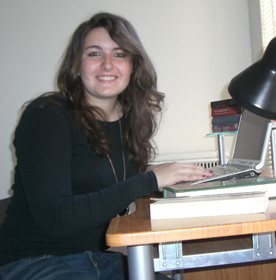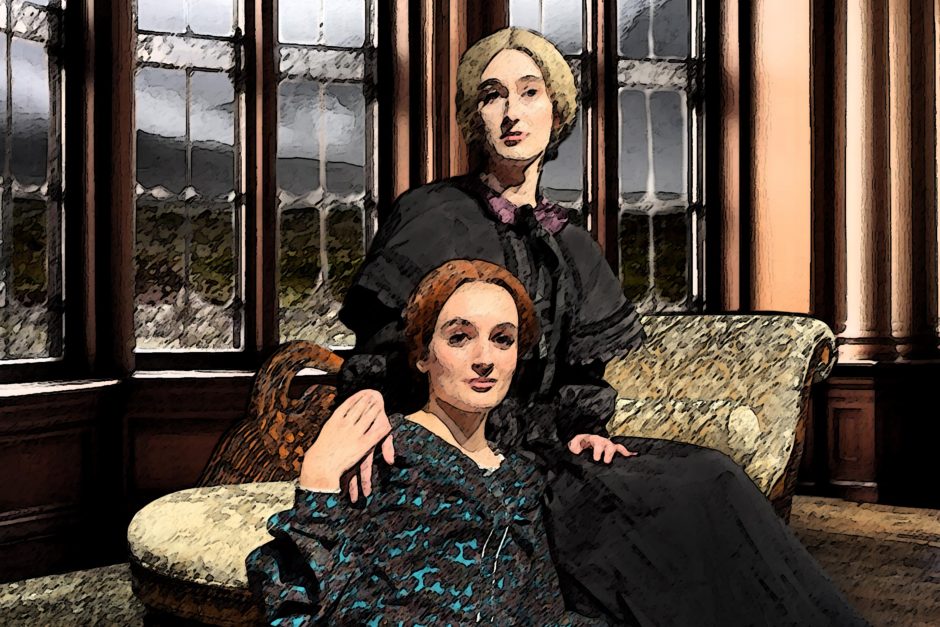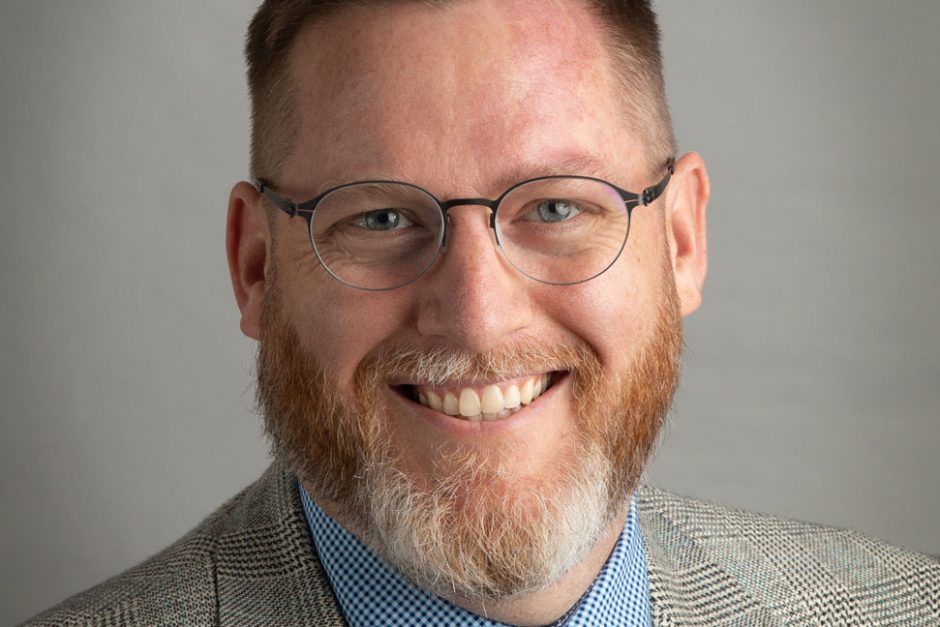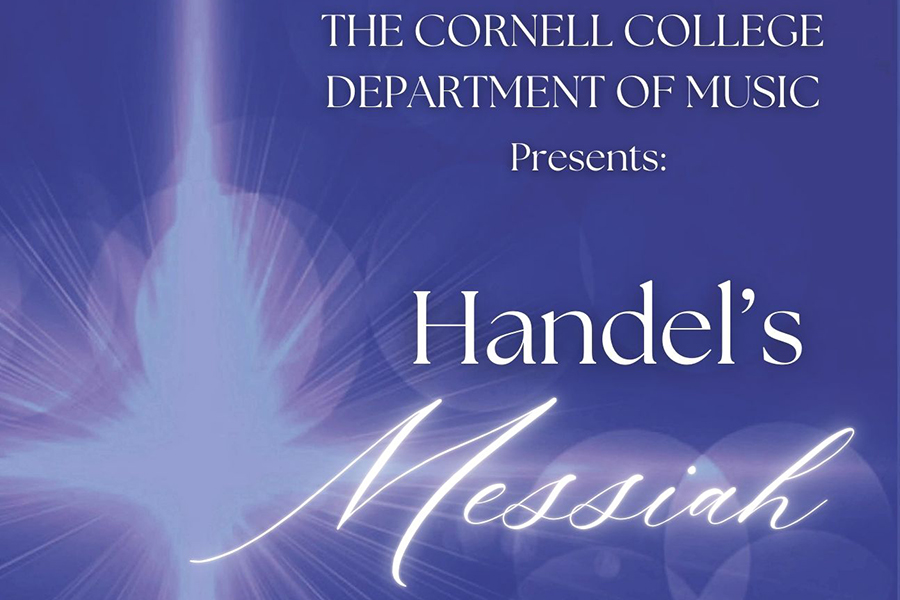Gione explores early modern texts at Newberry Library
Hitting the library is a habit most first-year students adopt. But Ellie Gione took this notion much deeper than most, digging into primary sources more than 450 years old at one of the world’s premier research libraries.

Gione’s passion for Medieval and Early Modern Literature led her twice to the archives of Chicago’s Newberry Library, home to one of the country’s most extensive collections from the period, during her first year at Cornell. Her first journey to the Newberry came during Medieval and Renaissance Drama: Shakespeare’s Rivals, a Block 8 off-campus course led by English Professor Katy Stavreva.
“The course gave me the opportunity to work in the Special Collections at the Newberry handling Early Modern texts,” Gione says. “The course also gave me the chance to study alternative Early Modern English literature. Most courses only focus on Shakespeare but we read Christopher Marlowe, Elizabeth Carey, John Ford and Thomas Middleton — it was an amazing experience!”
Gione then earned a Cornell Fellowship to spend a summer at the Newberry conducting independent research on two Early Modern European queens: Marguerite d’Angoulême, Queen of Navarre, and Elizabeth I, Queen of England. Gione’s sources ranged from personal correspondence to books from the library’s special collections.
“The major one I worked with was The Schoolemaster, the educational treatise written by Elizabeth’s famous tutor Roger Ascham,” Gione says. “The text I worked with was printed in 1589! The pages were extremely fragile along with the binding, in fact the front cover wasn’t even attached. The most amazing part was the gothic text. Gothic text is very different from our traditional text today.”
“Overall my fellowship was extremely successful,” she adds. “The Newberry was a perfect place for me to do my research as it had every source I needed to use, and everyone there was extremely friendly and helpful. My mentors, Carla Zecher and Karen Christianson, were always willing to help me and checked up on me to see how my research was progressing.”
Gione notes that her relationship with the librarians extended beyond assistance with her research. Over lunch with Christianson, for example, she gained a number of insights about how to pursue her goal of becoming a professional researcher herself.
“The process that she went through to get to her current profession: undergraduate study, graduate study at the University of Iowa, writing her dissertation, her professorship at De Paul University, and her position as Assistant Director of the Center for Renaissance Studies, is a huge inspiration to me. I plan to follow a similar process to achieve my academic and professional goals and I know that my fellowship experience is a huge part of that process.”
Gione plans to double major in Medieval and Early Modern Studies and Classical Studies.



